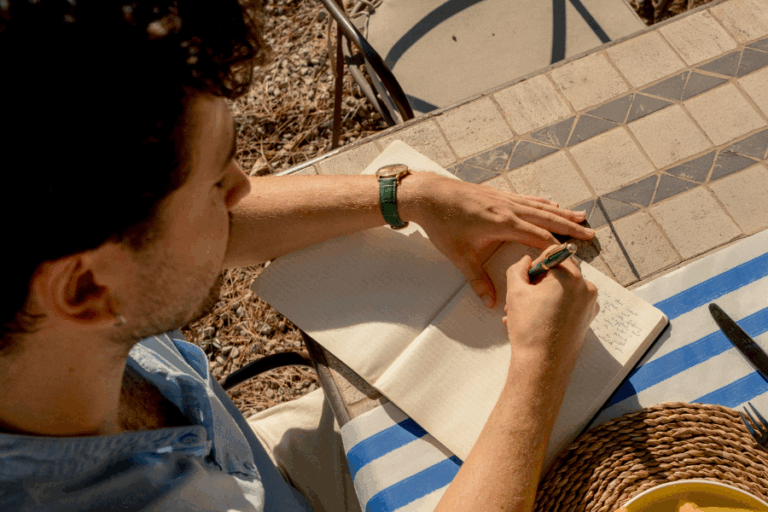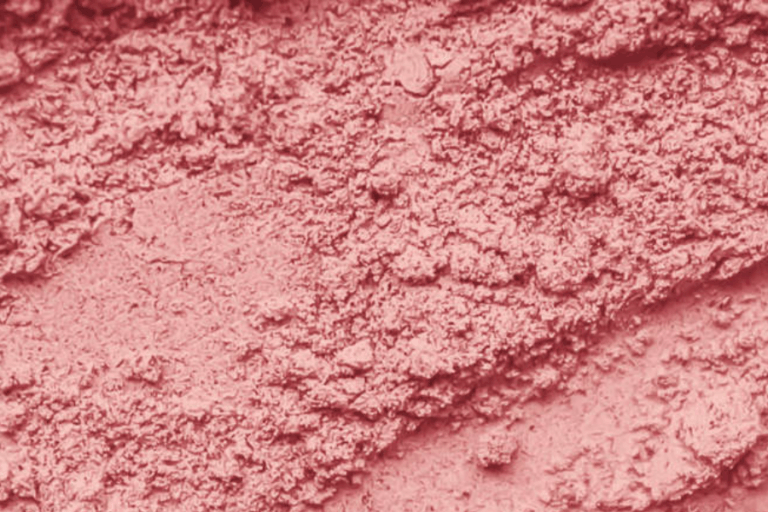Recovery is rarely a straight line. I like to look at it as a journey where, along the way, setbacks can happen. One of the most common is relapse, which occurs when someone who has stopped using alcohol or drugs returns to use. While it’s challenging, relapse isn’t a sign of failure, but rather a signal that something in your recovery plan needs attention or adjustment.
Relapse prevention is about more than just stopping use; it’s also about recognizing warning signs early and using your skills and support systems to stay on track. With the right strategies, we can decrease the odds of relapse so that long-term recovery is possible and sustainable.
What Is Relapse and Why Does It Happen?
Relapse is the process of returning to substance use after a period of abstinence. It usually doesn’t happen suddenly; instead, it often unfolds in stages where there are noticeable warning signs. Emotional and mental relapse, thoughts of use, cravings, and other signs often appear before physical use.
Common causes of relapse include:
- Stress and negative emotions: anger, sadness, anxiety, loneliness.
- Unhealthy routines or environments that bring reminders of past use.
- Overconfidence or believing “I can handle it now.”
- Isolation or withdrawal from people who support your recovery.
- Untreated mental health issues, such as depression or trauma.
By understanding what might trigger relapse or thoughts of relapse, you can plan to make changes that support recovery before relapse occurs.
How to Recognize Relapse Triggers
Triggers are people, places, things, or emotions that remind someone of using or create the urge to use. They can be external (a bar, an old friend, a payday) or internal (stress, guilt, boredom).
Common triggers include:
- Being around people who use substances.
- Relationship conflict or rejection.
- Fatigue or lack of self-care.
- Celebrations or “just one drink” situations.
- Emotional pain, trauma reminders, or grief.
In order to recognize potential triggers for relapse, it’s important to tune into your thoughts and feelings–and to understand which situations have the potential to make you feel vulnerable. A great way to tune in is by journaling, doing mindfulness practices like meditation, or talking openly with your sponsor or counselor so they can help you notice patterns before they spiral.
Triggers are a scientific phenomenon; they activate the brain’s old reward circuits and can quickly lead to cravings. When not addressed, cravings build momentum often faster than logic can intervene, so it’s important to get out in front of them.
Proven Relapse Prevention Strategies that Actually Work
There’s no one-size-fits-all plan, but research consistently supports a few core strategies:
Identify and Manage High-Risk Situations
Keep a list of people, places, and emotions that make you want to use, and create safer alternatives. Avoidance isn’t weakness; it’s being smart and prepared.
Build a Daily Recovery Routine
Structure reduces chaos. Incorporate healthy habits like sleep, exercise, meal prep, therapy, and connection with sober supports.
Use Cognitive and Behavioral Tools
Techniques from Cognitive Behavioral Therapy (CBT) and Motivational Interviewing (MI) help reframe thoughts, challenge “permission-giving” beliefs, and strengthen commitment to goals.
Strengthen Support Networks
Stay connected to peers, counselors, mentors, and recovery communities. Solution-Focused Therapy (SFT) emphasizes what’s working and allows you to focus on progress rather than problems.
Make a Plan for When Triggers of Cravings Happen
A strong relapse prevention plan acts as a roadmap when stress or cravings hit. It should include:
- Personal warning signs: I know I may relapse if I stop eating well or start feeling depressed.
- Healthy coping tools: I can call a friend, go for a walk, or talk to my therapist.
- Emergency contacts: My sponsor, my therapist, a group member, or a family member.
- Alternative activities: Music, exercise, journaling, and creative outlets.
Having this written down means you won’t have to “figure it out” in the heat of the moment because you’ll already know what to do.
The Role of Professional Support in Relapse Prevention
Professional help adds structure, accountability, and specialized tools that make recovery stronger.
Therapeutic approaches that help include:
- CBT (Cognitive Behavioral Therapy): Identifies and changes thought patterns that lead to relapse.
- SFT (Solution-Focused Therapy): Builds confidence by focusing on strengths and what’s already working or has been successful in helping previously.
- MI (Motivational Interviewing): Helps strengthen personal motivation and resolve ambivalence about staying sober.
- MAT (Medication-Assisted Treatment): For some individuals, medications like buprenorphine, methadone, or naltrexone can support recovery by reducing cravings and stabilizing mood.
What to do if Relapse Happens
If relapse occurs, it’s important to act quickly, but don’t forget to show yourself compassion and try to avoid getting sucked into shame. Relapse happens. And you can get back on the road to recovery right after.
Steps to take:
- Reach out immediately to your therapist, recovery coach, or support group.
- Identify what triggered the relapse: understanding “why” is key to preventing another one.
- Recommit to treatment and don’t delay. The sooner you re-engage, the easier it is to regain stability. Head to an AA meeting or recovery group meeting.
- Adjust your plan: update coping strategies and supports with your care team as needed.
Remember: relapse is not the end of recovery. It’s a part of the process for many people. What matters most is how quickly you return to your path and what you learn from it.
Relapse prevention is about awareness, preparation, and support, not perfection.
By recognizing triggers, practicing proven coping strategies, and staying connected to supportive people and professionals, recovery is possible, powerful, and enduring.
Recovery is a Journey. We’re Here to Support You
No matter what stage of your recovery journey you’re in, Holon Health is here to support you. We offer comprehensive healthcare services and ongoing recovery support, no matter what phase of the journey you’re in. Our app, Holon Vibe, has daily lessons on recovery and wellness topics that you can complete for cash rewards. Sign up today to get added support that works.



